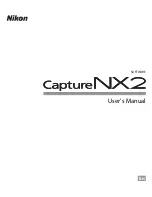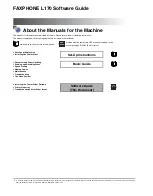
DDL Compiler Commands
Data Definition Language (DDL) Reference Manual — 426798-002
9- 12
CCHECK Command
NOCCHECK
terminates the CCHECK checking. If a C source file is not open, NOCCHECK is
the default.
CCHECK Command Guidelines
The following points are guidelines for using the CCHECK command:
•
If a C source file is open, the compiler performs the C checks whether or not
CCHECK is set.
•
You can stop C syntax checking by specifying NOCCHECK; you can restart
checking with a subsequent CCHECK.
•
The DDL compiler does not perform the lengthy testing performed by the C
compiler. The DDL compiler tests the DDL statements to ensure that they do not
violate the following rules of form specified by C:
°
A name cannot be longer than 31 ASCII characters. A name might become
longer because DDL appends
_def
to the name of a definition or record.
°
C reserved words cannot be DDL names.
•
If you compile DDL data structures for C, you must maintain word alignment
throughout. Be sure that all members of a structure containing character or filler
items have an even number of characters, and that a substructure within a
structure starts on a word boundary. Odd-length character fields must be followed
by fields that are naturally word aligned. If you use the C_MATCH_HISTORIC_TAL
or CFIELDALIGN_MATCHED2 command, these restrictions change. For more
information, see
CFIELDALIGN_MATCHED2 Command
on page 9-13.
CCHECK Command Example
The following listing shows the error messages generated by the C syntax check on a
single DEFINITION statement:
?CCHECK
DEFINITION orderinfo.
02 ordernum PIC 9(3)
HEADING ordernum-heading.
02 orderdate TYPE mdy-date.
02 deldate TYPE mdy-date.
02 salesperson TYPE empnum
HEADING salesperson-
heading.
02 custnum TYPE *.
END
Definition ORDERINFO size is 23 bytes.
Definition ORDERINFO added to dictionary.
***WARNING*** C OUTPUT DIAGNOSTICS:
***ERROR***Structure alignment in C is incompatible with
















































